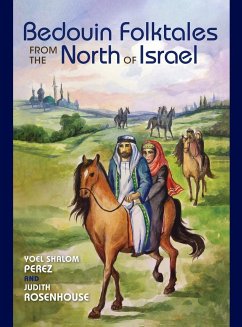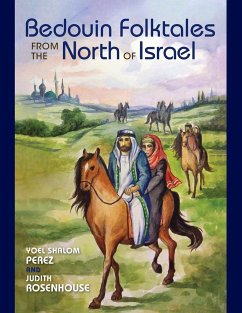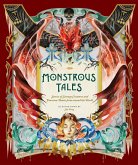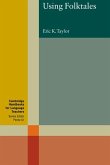Raphael Patai' s (1910-1996) lifelong fascination with Arab folktales began on a Ramadan night in 1933, at a cafe in Jerusalem where, for the first time, he heard a famous qassas, a storyteller, tirelessly relate story after story from his vast repertoire of Arab folktales. In Arab Folktales from Palestine and Israel, a collection of twenty-eight tales gathered in Palestine and Israel and one of Patai's last books, Patai explores this rich cultural tradition. He studies tales from three separate times: those recorded by a German scholar in 1910-11, those read over Jerusalem Radio in the winter of 1946-47, and those recorded by the Israeli scholar Yoel Perez in 1982-84. These fables, part of the cultural heritage of a small corner of the Arab world, are translated into an English that remains faithful to the original Arabic text, presenting to foreign readers a sense of the original style and a picture of traditional Arab life and customs, attitudes, social and cultural norms, psychology, and values. Providing insight into Arab culture, Patai offers extensive notes and commentary on particular Arabic phrases and images, as well as the ways of speaking and thinking found among the Arab population, especially the Bedouins, in Palestine and Israel. Patai also places the stories in the context of global folktales, and traces the transformations in the art of storytelling. This collection as a whole presents a colorful slice of traditional Arab life, values, customs, attitudes, and sociocultural patterns
Hinweis: Dieser Artikel kann nur an eine deutsche Lieferadresse ausgeliefert werden.
Hinweis: Dieser Artikel kann nur an eine deutsche Lieferadresse ausgeliefert werden.








